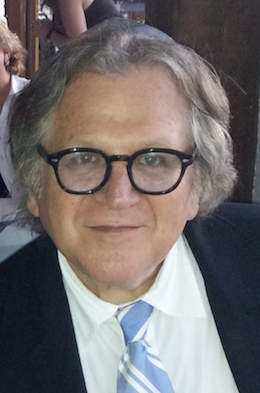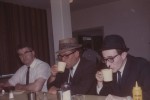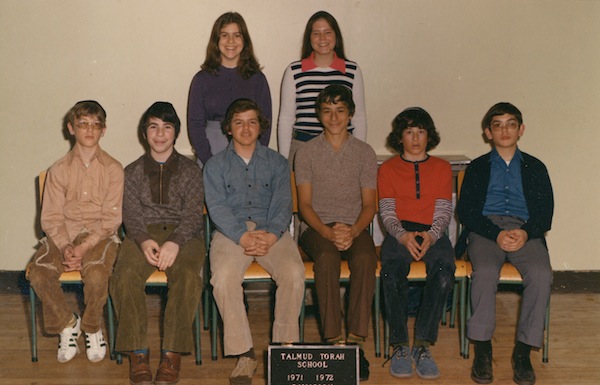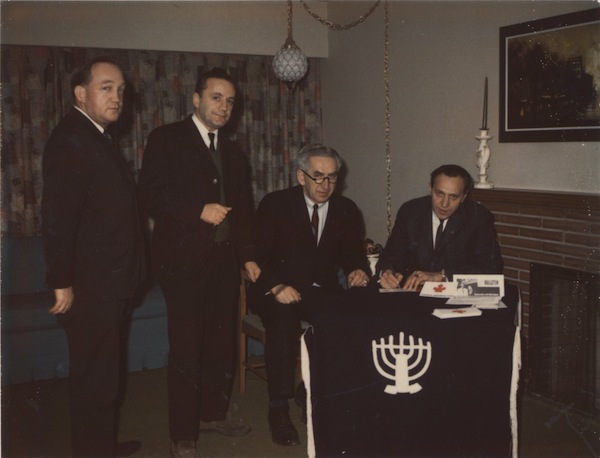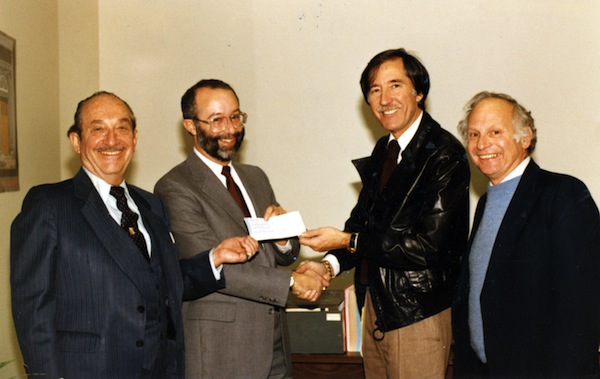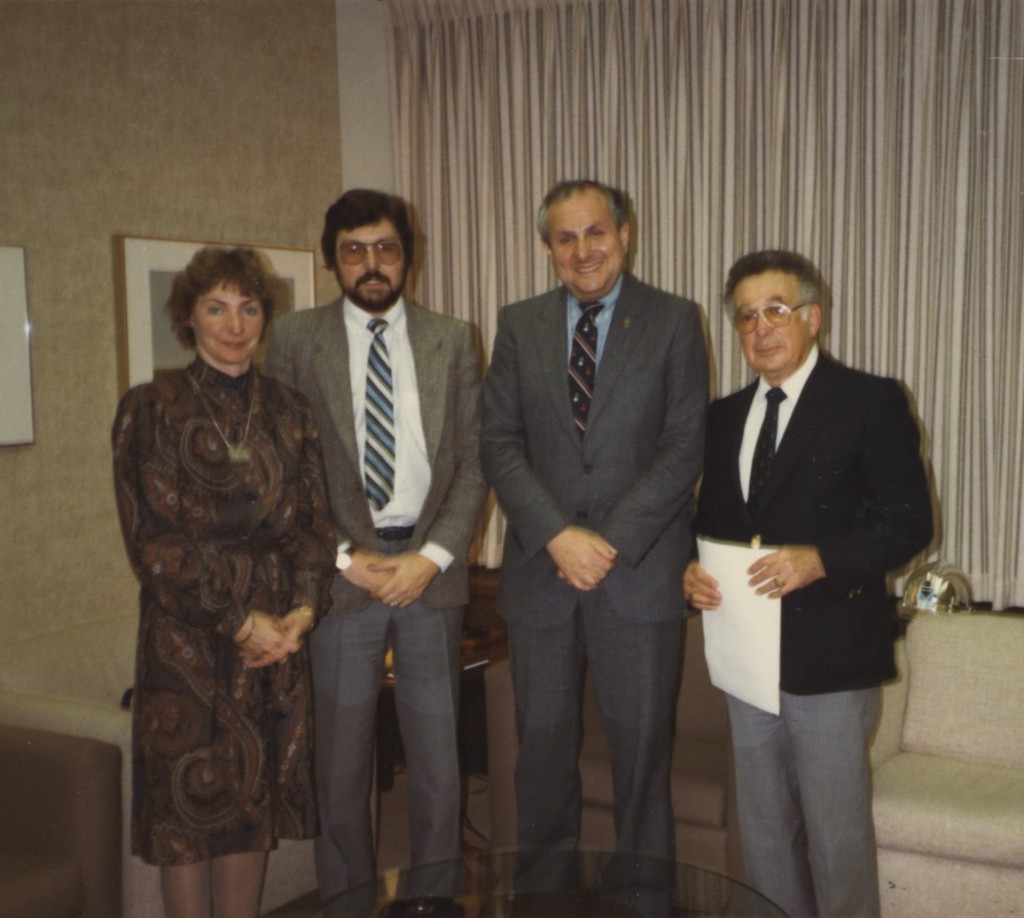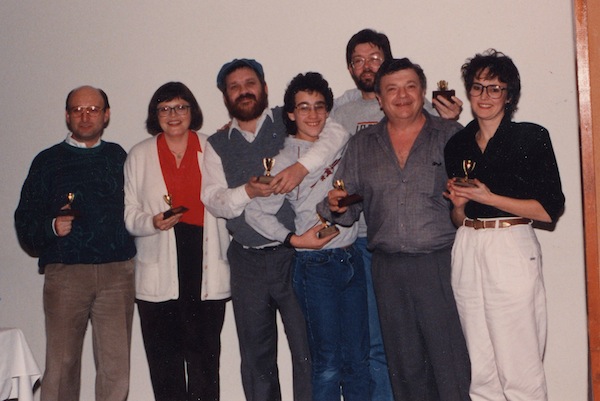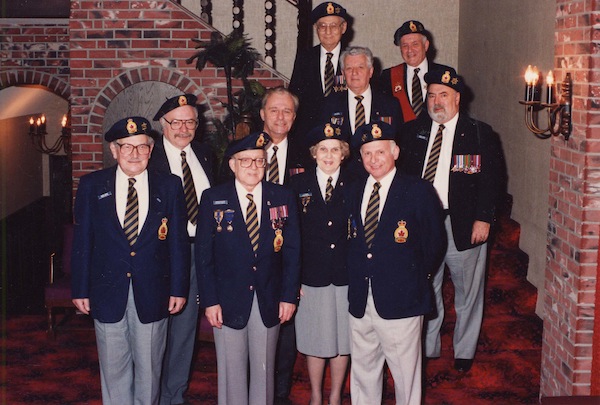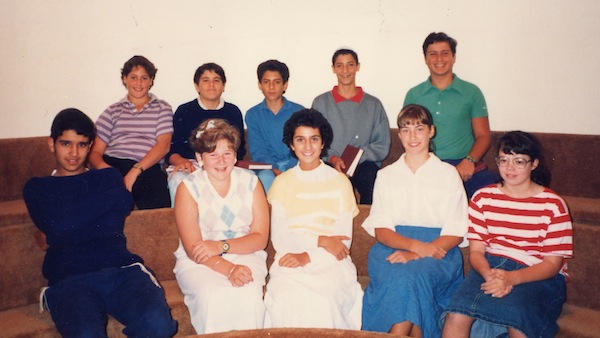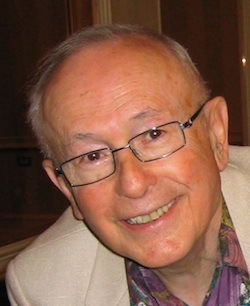The U.S. Congressional committee investigating the Jan. 6 insurrection is limping along in the face of a near-total absence of cooperation from the Republicans who make up almost half of Congress and of the American voting public. Despite reams of video evidence, there is legitimate worry that justice will not be served in the case of an attempted coup at the heart of American government.
Those who tried to overthrow the will of the people and who even called for the murder of the vice-president of their own party are venerated by their supporters as patriots, while those who seek justice for those events are vilified as traitors.
The very people who tried to subvert the democratic decision of the American people last November – those who are trying to steal the election from President Joe Biden – chant “Stop the steal!” apparently without a hint of irony or self-awareness.
But the fight over Jan. 6 is a small puzzle piece in a larger social disorder. We are seeing verifiable truths dismissed as lies and what should be summarily debunked as lies revered as gospel. Listening to some of these voices, it is difficult to tell whether they are trying to create a reality based on what they wish were true – Trump won, Democrats eat babies, whatever – or whether they truly believe these falsehoods. It’s probably some of both.
Are we approaching a tipping point where a healthy society that has at least a modicum of shared consensus on what is true and what is false slides into a moral terrain that has no agreed-upon truth or lies, right or wrong, good or evil?
The pandemic has brought this problem into clear relief. Doctors say that they are treating people who, on their deathbed, continue to insist there is no such thing as COVID. There is a spectrum, from outright denial of the existence of the virus to conspiracies that it was invented for nefarious purposes to the idea that the virus itself is legitimate but is being exploited by governments (or other disreputable entities) to take away some amorphous “freedoms.”
Recently, parents opposed to mask mandates chased fellow parents (and their kids) at a school in California, screaming that the kids could not breathe through the masks. When some parents responded with what, by any fair measure, is common sense, one protester screamed back: “You were propagandized.… You are not being told the truth!”
To put a fine point on it, people who have been propagandized and who are convinced of a lie are shouting at others that they have been propagandized and do not know the truth.
Recently, South Carolina Senator Lindsey Graham, speaking to a Republican crowd that should have been in his back pocket, said, “If you haven’t had the vaccine, you ought to think about getting it because if you’re my age –” At this point, he was drowned out by screaming and booing. When he was able to speak again, he told the Republican crowd, “Ninety-two percent of the people in the hospitals in South Carolina are unvaccinated.” To this, some audience members began screaming “Lies!”
The New York Times Magazine’s ethics columnist, Kwame Anthony Appiah, wrote recently of the “strange mirror game” being played by conspiracy theorists and hucksters. “They peddle hoaxes that warn of hoaxes, scams that warn of scams. They dupe their victims by cautioning them not to be duped.”
Lies have been around forever. But it seems we are in another realm now. When Kellyanne Conway, a counselor to Trump, defended then-White House press secretary Sean Spicer’s false claims that attendance numbers at Trump’s 2016 presidential inauguration were the largest in history, Conway asserted that there were facts and then there were
“alternative facts.” This was not the genesis of a culture of gaslighting, but it did represent, along with Spicer’s lies, a turning point. The Trump administration operated in a world that rational observers would view as existing in an alternative universe of alternative facts.
Jews and supporters of Israel who forgive Trump’s many affronts because they deem him to be on “our side” on one issue suffer from something that might be equated to the difference between the weather and the climate.
Trump may indeed have taken steps that people view as being to Israel’s advantage. But, in nearly everything else Trump and his supporters have done, they have assaulted truth, facts and rationality. They call black white and up down. Legitimate media are “fake news” and darkweb rantings are trustworthy sources.
In a story in the last issue of the Independent, the commentator Bret Stephens said: “We now have come to a place where, increasingly, we are a nation that can bring ourselves to believe anything and a nation that can bring itself to believe anything … sooner or later, is going to have no problem believing the worst about Jews.”
Trump, Spicer, Conway and their crowd did not invent the situation where lies are gospel and truth is rejected, but they did their best to perfect it.
It should not need saying that such people should not be trusted, since their loyalty and sincerity are worthless. Republicans who, on a dime, turn into an angry mob screaming “Hang Mike Pence!” should not be trusted when it comes to something as sacred as the security and the fate of Israel and its people.
More gravely still, there is a reason why Jews are often referred to (as dehumanizing as the term is) as “canaries in a coalmine.” When antisemitism emerges, it is a sign of broader societal disorder. It is no surprise that the spike in antisemitism we are witnessing coincides with a phenomenon where verifiable facts are regarded as debatable assertions and the most ludicrous assertions are not only accepted as truth but defended with fanaticism and violence.
In the late 20th century, Canadian Jewish Congress and other groups adopted an approach premised on the idea that the best way to ensure the safety of Jewish people was to advance an ideal that protects allminorities. There might always be people with antisemitic motivations, but, if we can inculcate in society a transcendent commitment to equality for all, we may create a firewall against the worst antisemitism.
As CJC and others did several decades ago, it may be time for Jewish people and others who care about fighting antisemitism to rededicate ourselves to strengthening the most fundamental principles of our democratic societies, the very foundations that we too often have taken for granted, even after Jan. 6. This includes not only ensuring basic things like civil and voting rights and protecting the institutions of democratic government, but it calls on us to contest outright lies and to defend basic truth. If, in the process, we manage to yank our democratic societies back from the abyss of lies and the frightening places they lead, we will have made things better not only for the Jewish future, but for everyone’s.

